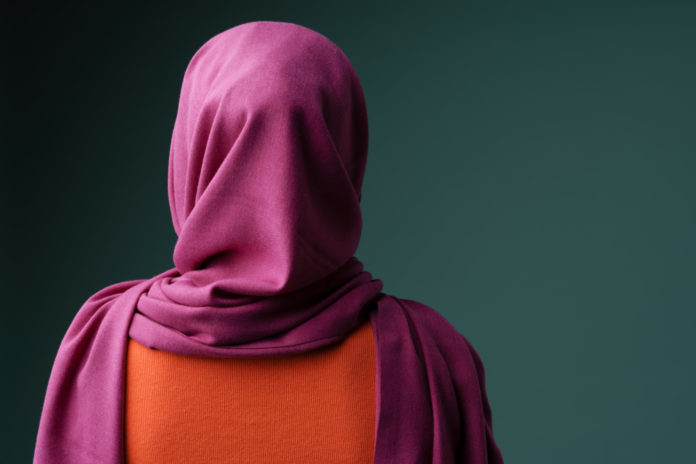Europe’s top court has given the green light to employers within the European Union to ban hijabs or niqabs if they so wish.
The European Court of Justice ruled yesterday that employers who ban religious clothing are not guilty of discrimination as long as they apply the ban to all workers.
The judgement is likely to send shockwaves among Muslim communities across the European Union who live in nations – such as France, Germany and Belgium – which are bound by the court.
According to the ECJ: “The internal rule of an undertaking prohibiting the visible wearing of religious, philosophical or spiritual signs does not constitute direct discrimination if it is applied to all workers in a general and undifferentiated way.”
The ruling follows a dispute that has been ongoing since 2018 between “L.F.,” a Belgian Muslim woman who wears the hijab, and SCRL, a company which manages social housing.
When applying for an internship at the company, L.F. indicated that she would not remove her headscarf as per the company’s “policy of neutrality.” She was then not considered for the internship.
A few weeks later, L.F. renewed her request for an internship with SCRL, offering to wear another type of head covering. That request was refused on the grounds that no type of head covering was permitted on SCRL’s premises – be it a cap, a hat or a headscarf.
Subscribe to our newsletter and stay updated on the latest news and updates from around the Muslim world!
Subsequently, L.F. reported a case of discrimination to the independent public body to combat discrimination in Belgium, before bringing an action before Brussels Labour Court. She argued that she was discriminated against on the grounds of religious belief and accused SCRL of having infringed the provisions of the Belgian General Anti-Discrimination Law.
Yesterday’s ruling further stated: “The court observes that a provision of an undertaking’s terms of employment which prohibits workers from manifesting, through words, through clothing, or in any other way, their religious or philosophical beliefs, whatever those beliefs may be, does not constitute, with regard to workers who intend to exercise their freedom of religion and conscience through the visible wearing of a sign or an item of clothing with religious connotations, direct discrimination ‘on the [grounds] of religion or belief’ for the purposes of EU law, provided that that provision is applied in a general and undifferentiated way.
“Indeed, since every person may have a religion or religious, philosophical or spiritual belief, such a rule, provided that it is applied in a general and undifferentiated way, does not establish a difference in treatment based on a criterion that is inextricably linked to religion or to those beliefs.”



















